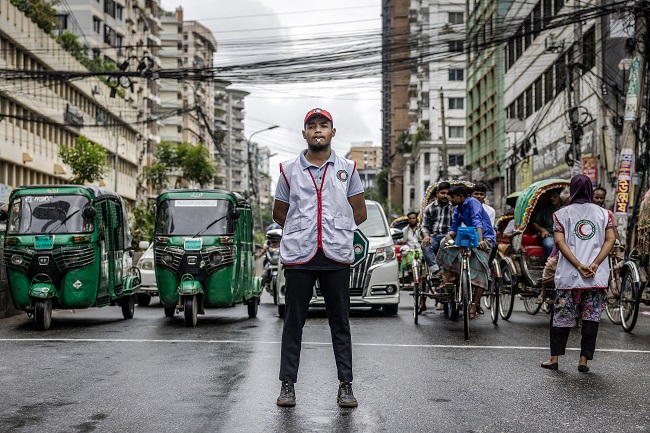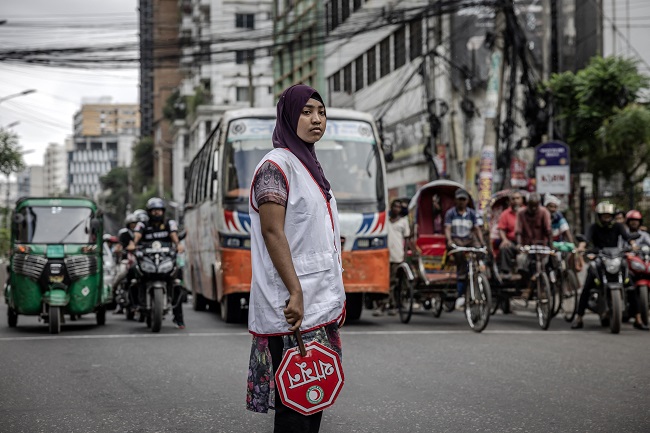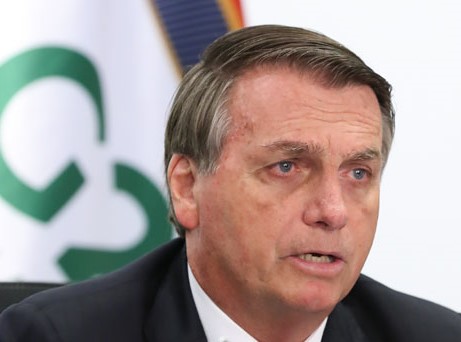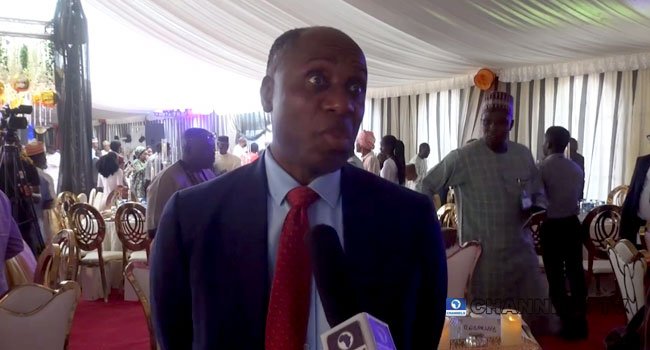Bangladesh Students Cop Traffic Duty During Police Strike
Bangladeshi students battled police for control of the streets and triumphed, but if their country is to embark on a new adventure, someone must pave the path ahead.
Gridlock is a way of life in the capital, Dhaka, a megacity of 20 million people that relies on a corps of police wardens to clear long lines of automobiles and pedal rickshaws at junctions.
With policemen on strike following the resignation of former Prime Minister Sheikh Hasina, the students who forced her out have stepped up to do the work themselves.Our country cannot remain at a standstill,” Nasrin Akter Koly, 21, told AFP.We clashed with the cops, which is why they are not on duty,” she added. “So instead of the police, our people must do the work.”
Traffic control is a mundane job at the best of times, and many of Dhaka’s regular wardens are noted for their nonchalant disregard for aggressive cars speeding by out of turn.
However, Koly and her pupils have instilled new passion in the profession as they wave through traffic at one of the downtown business district’s busiest intersections.
Drivers, in turn, treat volunteers with respect.
Almost everyone is stopping on order and following polite but stern instructions to tighten their seatbelts — a minor traffic offense that would previously have gone unnoticed.
“After a revolution, every country faces some difficulties,” said Nahid Kalam Nabil, 22, as he directed traffic alongside Koly.
“The students are handling the situation now, and they will keep the country safe,” he said.

‘Teaching the people’
More than 450 people were killed during weeks of clashes between protesters and security forces before Hasina quit and fled to India on Monday.
Protests had been largely peaceful until police attempted to violently disperse them, setting in motion the chain of events that led to the end of Hasina’s iron-fisted 15-year tenure.
Dozens of police officers were killed in the unrest, according to police and hospital figures given to AFP.
After her departure, vandalism and arson attacks hit roughly 450 of the country’s 600 police stations, according to the force.
Police unions declared a national strike on Tuesday “until the security” of officers was assured, and a new police chief apologised for the conduct of officers under his sacked predecessor.
Unrest has since subsided, thanks in part to students volunteering for neighbourhood watch patrols and guarding houses of worship for minority religions, which were subjected to isolated looting attacks.
“They are safeguarding the houses at night, they are safeguarding the mosques, temples and churches,” Nabil said.
“They are teaching the people law and order. They are designing the country in a new way.”
Many police officers returned to work on Friday, with troops — who were praised for not acting on Hasina’s behalf during the unrest — keeping guard.
Farida Akhter, a member of the interim government in charge of overseeing democratic reforms, told AFP that restoring peace and order was the “first priority” of the new administration.
The abrupt collapse of Hasina’s administration created a gaping void in political administration, with many civil servants staying at home to wait for the dust to settle.
The Dhaka municipal government has likewise been silent, prompting other student volunteers to take over its responsibilities.
“With this students’ protest, we have made a fascist regime fall,” 20-year-old Samanjar Chowdhury Mrittika told AFP as he swept up debris on a city walkway.
“The country is not in good condition,” she continued. “Someone must take responsibility.”



